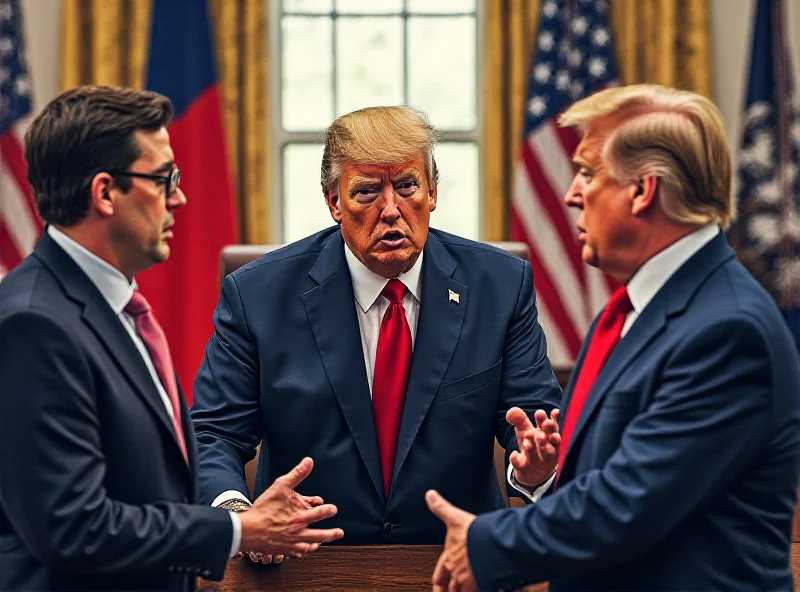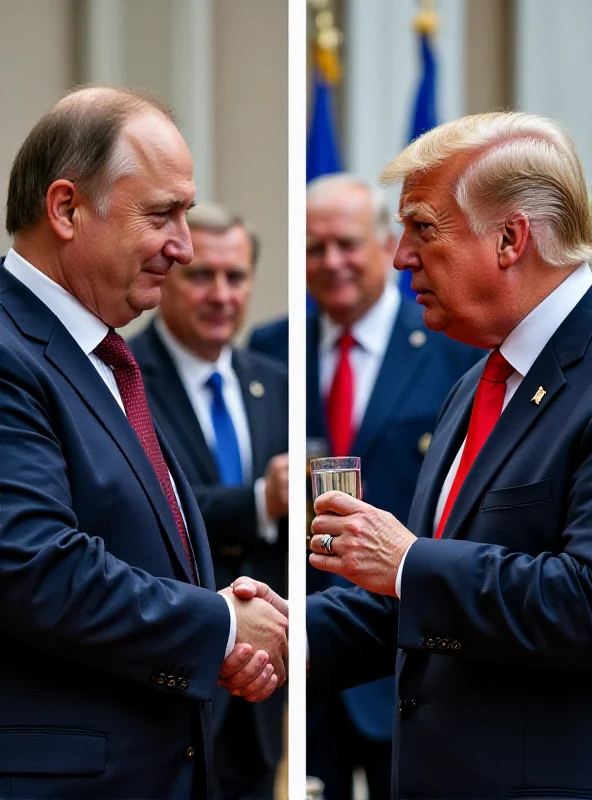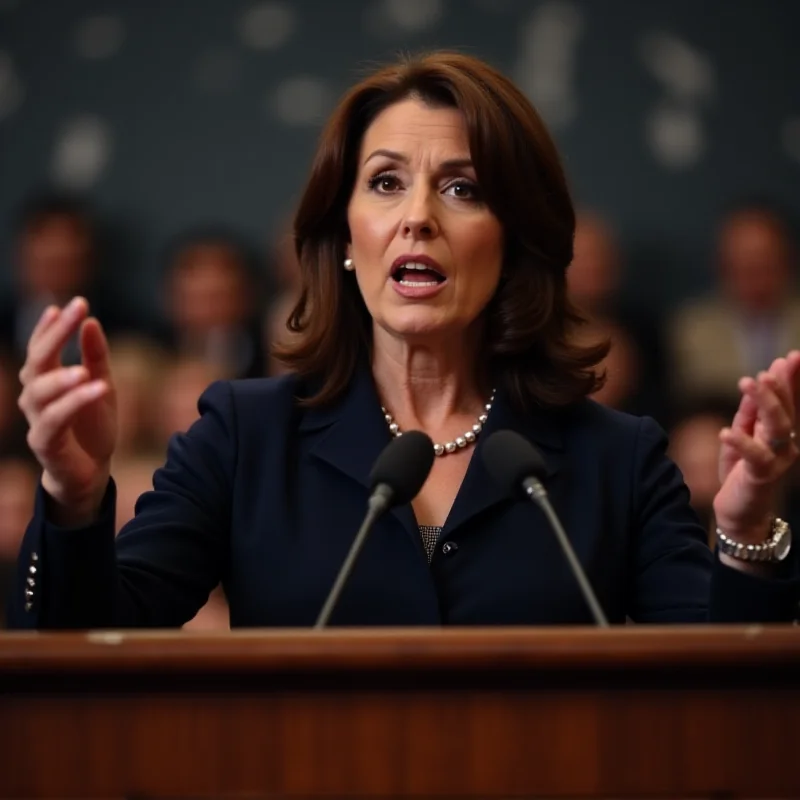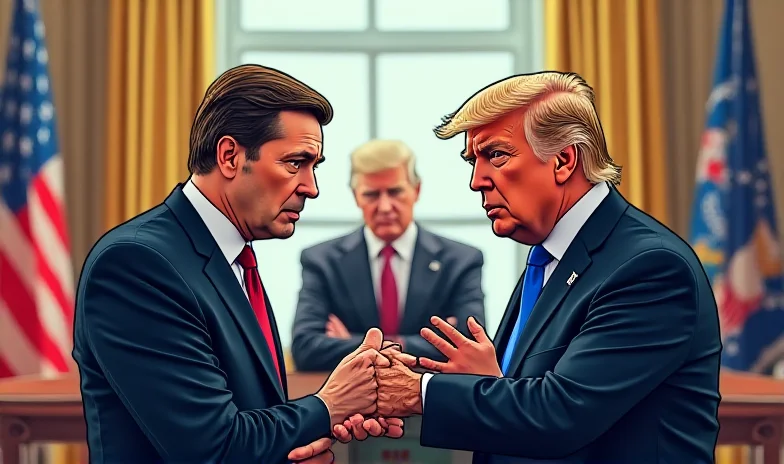A high-stakes meeting involving Ukrainian President Zelensky and former U.S. President Trump has sent ripples through the international community. The encounter, reportedly taking place at the White House, has sparked a range of reactions, highlighting existing divisions within Europe and beyond.

A Meeting Gone Wrong?
Details surrounding the exact nature of the meeting remain somewhat opaque. However, reports suggest that a question posed by Zelensky to someone named Vance proved to be a critical misstep. "Years of careful diplomacy had culminated in this high-stakes meeting inside the Oval Office," one report states, "It was destroyed in minutes." The specific content of the question and the identity of Vance are not fully clarified, but the implication is clear: the interaction significantly damaged diplomatic efforts.
Adding another layer to the complexity, Trump announced a potential "rare earth agreement" that Zelensky was expected to sign. However, Zelensky reportedly held back, stating that "More security guarantees are needed, I am going to Washington to negotiate." This suggests a level of uncertainty and ongoing negotiations surrounding the agreement.
Kremlin's Delight, Europe's Response
The apparent tension between Zelensky and Trump has been met with glee in certain quarters. According to reports, Kremlin propagandists have rejoiced at the situation. One source even quoted Russia as referring to Zelensky as "The slapped pig," highlighting the deeply antagonistic relationship between Russia and Ukraine.
In stark contrast, European leaders have largely rallied in support of Zelensky and Ukraine. They have declared that "Ukraine will never be alone," reaffirming their commitment to the country's sovereignty and security. However, this show of unity is not entirely unanimous. Hungarian Prime Minister Orbán has reportedly distanced himself from the prevailing European consensus, signaling a potential fracture in the united front against Russia.

Echoes of Ventotene: A Call to Action
Beyond the immediate geopolitical implications, the situation has also stirred broader reflections on political action and responsibility. Gioconda Spinelli, the niece of the co-author of the federalist manifesto, has spoken out, stating that "When I saw that video of Trump on Gaza, I said to myself: I cannot stay at home." Spinelli's words reflect a sense of urgency and a call to revive the political ideals that originated in Ventotene, Italy, during World War II.

The confluence of these events – the Zelensky-Trump meeting, the Kremlin's reaction, Europe's response, and Spinelli's call to action – paints a complex picture of a world grappling with political divisions, shifting alliances, and the enduring need for principled leadership.
Whether these events will lead to further escalation or a renewed push for diplomacy remains to be seen. However, one thing is clear: the stakes are high, and the world is watching.
